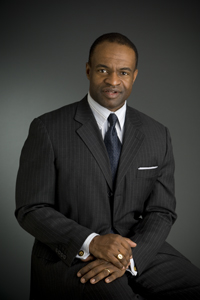First Dog Fighting, Now Pensions
In to the glamorous world of ERISA and pensions, former star quarterback Michael Vick now finds himself (via ESPN.com):
The federal Department of Labor is accusing imprisoned NFL star Michael Vick of illegally withdrawing more than $1.3 million from a pension plan . . . .
The department says Vick made a series of prohibited transfers from a pension plan sponsored by MV7, a celebrity marketing company owned by the former Atlanta Falcons quarterback. The department alleges that Vick violated his duties as trustee of a pension plan that covered nine current or former MV7 employees . . . .
The department says the plan assets were partially used to help pay the criminal restitution imposed on Vick after his federal dogfighting conspiracy conviction.
You see, my friends, ERISA is all about relevancy, and if Vick’s financial advisors had bothered to contact an ERISA attorney, they would have been told about such things as fiduciary duties and prohibited transactions by fiduciaries under Part 4 of Title I of ERISA. My thought is this further mess for Vick could have been easily avoided if an attorney just recognized the potential legal consequences of Vick delving into his company’s pension plan.
Not only will Vick be required to make the pension plan whole, but he will also face penalties and interest. Ouch.
Not exactly how Vick wants to start off his new life after prison. And did I mention Vick has already filed for bankruptcy?



